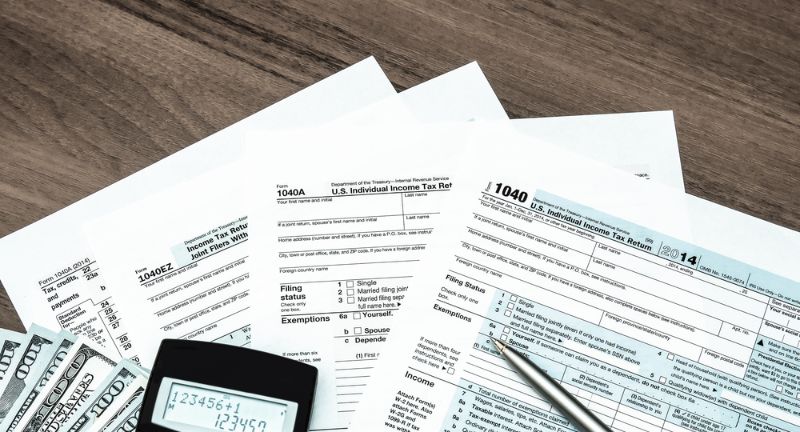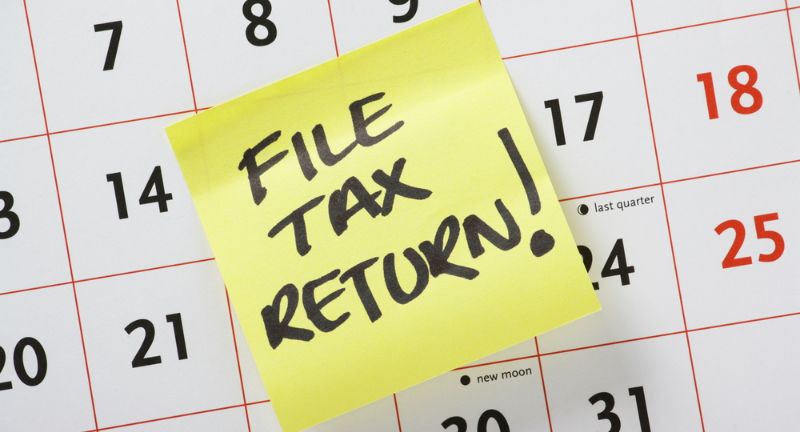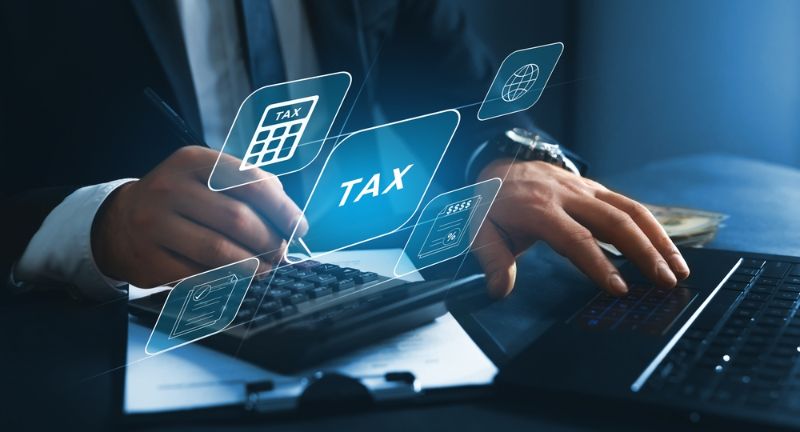LIFE
6 Crucial Tips To Help You Navigate Tax Season
Published
1 year agoon

Shutterstock
Navigating tax season can be a complex and often stressful endeavor, especially with the ever-changing tax laws and filing requirements. However, with proper preparation and insight, taxpayers can manage this process more smoothly and efficiently.
This guide provides essential tips and expanded advice to help individuals confidently handle their taxes, from organizing documents to maximizing deductions and protecting against fraud, ensuring a successful and stress-free tax filing experience.
Gather All Necessary Documents

Shutterstock
Begin tax preparation by gathering financial documents, such as W-2s, 1099s, and receipts for deductions. This year, also consider new forms or documentation for any pandemic-related benefits received, as these could impact your tax situation. Keeping a checklist can ensure you don’t miss any important documents and streamline the filing process.
Understand Important Deadlines

Shutterstock
While April 15 is the primary deadline for filing taxes, other dates may apply, such as quarterly estimated tax payments for the self-employed. If you need more time, remember that filing for an extension by April 15 gives you until October 15 to file your return, but it does not extend the time to pay taxes owed without incurring interest and penalties.
Review Changes in Tax Laws

Shutterstock
Tax laws can change annually, affecting deductions, credits, and income thresholds. For the 2023 tax year, notable changes include increased standard deductions and adjustments to credits for energy efficiency and electric vehicles. Keeping abreast of these changes can help maximize your refund or minimize what you owe.
Maximize Deductions and Credits

Shutterstock
Thoroughly research deductions and credits to ensure you’re not overlooking potential savings. This includes common deductions like mortgage interest and charitable donations, as well as lesser-known credits related to education, energy efficiency, and healthcare. Each deduction or credit can significantly impact your tax liability.
Use Tax Software or Professional Help

Shutterstock
For those with straightforward tax situations, software might suffice. However, if you’ve had major life changes, such as marriage, purchasing a home, or starting a business, consulting with a tax professional could provide tailored advice and prevent costly mistakes. Professionals stay current on tax laws and can offer strategic planning beyond just the annual filing.
File Electronically and Opt for Direct Deposit

Shutterstock
Electronic filing (e-filing) with direct deposit is the fastest way to get your refund. The IRS typically processes e-filed returns more quickly than paper returns, and direct deposit eliminates the wait for a check to arrive by mail. This method also reduces the risk of errors that can delay refunds.
Conclusion

Shutterstock
As tax season approaches, it’s crucial to stay informed and prepared to navigate the complexities of filing taxes efficiently. By following these practical tips, individuals can not only ensure compliance with tax laws but also optimize their financial outcomes, potentially leading to significant savings and peace of mind.
Ultimately, the goal is to approach tax season with a strategic plan, leveraging available resources and professional advice to make the process as smooth and beneficial as possible.
Related Topics:

More From Financially+
-


Ditch the 9-to-5: 30 Jobs with Flexible Hours
-


The Best Places to Retire for Excellent Healthcare & Peace…
-


38 Things To Consider Before Buying Your Next Car
-


8 Home Habits That Drain Your Wallet
-


Here’s How Much Cash You Should Actually Have
-


Top 8 U.S. Cities For Affordable Retirement
-


Social Security: 4 Ways To Forfeit Or Reduce Your Benefits
-


4 Times You Should Only Pay Cash
-


Festive and Frugal: Tips to Enjoy the Holidays While Saving…